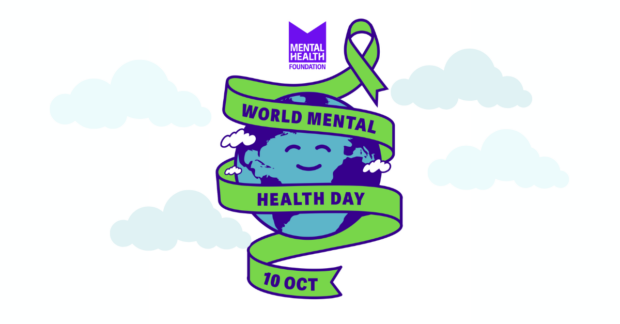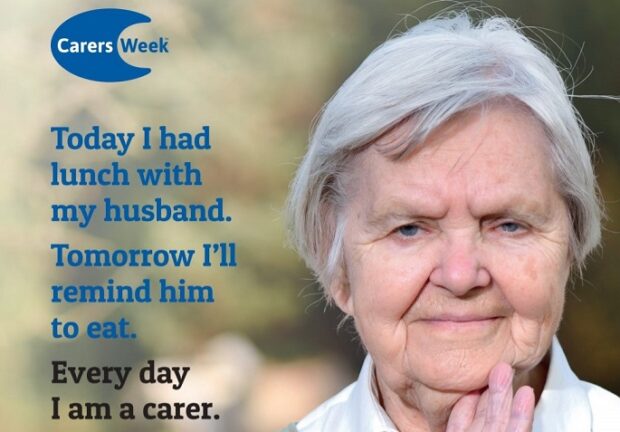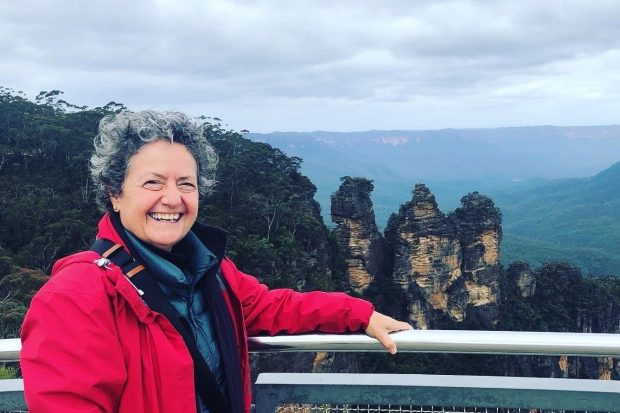Mental health in the workplace

“Please put on your own mask before assisting others”. How often have we heard this instruction as our plane prepares for take-off? How often do we think to apply this message to our own safety at work? As we mark …

“Please put on your own mask before assisting others”. How often have we heard this instruction as our plane prepares for take-off? How often do we think to apply this message to our own safety at work? As we mark …

As I prepare to make arrangements to travel to the north of England to spend Christmas with friends, I am reminded I was making the same plans this time last year, but ended up home alone for 10 days isolating with Covid!

Another World Mental Health Day has begun. This annual opportunity to prioritise our psychological wellbeing feels more essential than ever in uncertain times.

Lockdowns may have ended but out duty of care as social workers goes on - and that includes encouraging colleagues and those we serve to make sure they remain fully vaccinated against COVID-19 and a potentially resurgent flu virus.

As this year’s festivities begin, I wanted to take the opportunity to say an enormous thank you to the people who keep things going, social workers, occupational therapists, social care staff in local authorities and everyone working in provider services...

"‘Mental health in an unequal world’, this year’s World Mental Health Day theme, is one I believe all mental health social work colleagues can relate to" says Jason Brandon, Mental Health Social Work Lead at DHSC.

Lyn Romeo has just returned to her role as Chief Social Worker for Adults, alongside Fran Leddra, following time out to care for her elderly mother who sadly died recently following a long illness. On returning to the role, Lyn finds it highly fitting for her first blog, to be posted during Carers Week.

As we approach a festive season that will be very different for all of us, we wanted to say thank you again for the support you have provided our communities during a very challenging year.
We continue to be moved by stories of dedication, kindness and empathy across the social care workforce and by your equally dedicated NHS colleagues. We know many of you will continue to provide care and support in your communities and go the extra mile to work over the holiday period. Likewise, others will take a much-needed rest with their loved ones before shortly returning to work.

Fran Leddra and Mark Harvey were originally due to end their time as joint Chief Social Workers for Adults (CSWs) in October this year, yet you may have noticed they are still here.That's why they want to share with you an update from Lyn Romeo, the original Chief Social Worker for Adults currently on sabbatical, to explain why and let you know they will be continuing in their roles until March 2021.

Meet Carmen Colomina, social worker and Practice Development Manager at the Social Care Institute for Excellence (SCIE). In this guest blog, Carmen reflects upon the pandemic's effect on her life and work, the wider profession's adaptability, including the technological adjustments many of us have had to make to keep delivering for those who need our help.